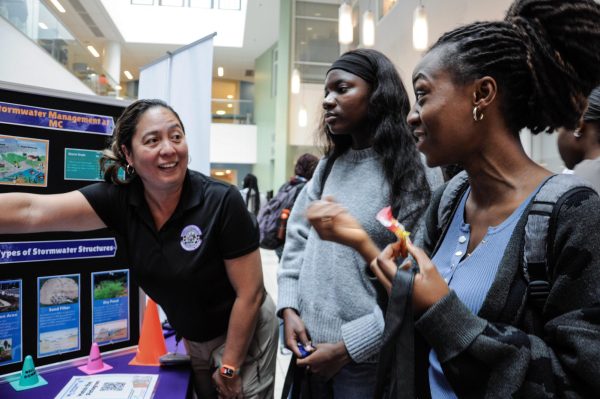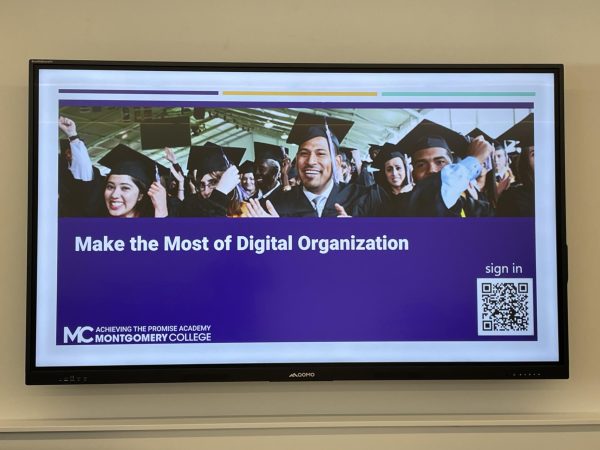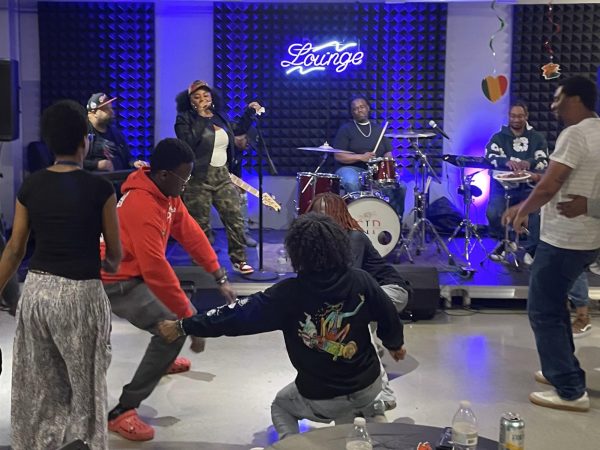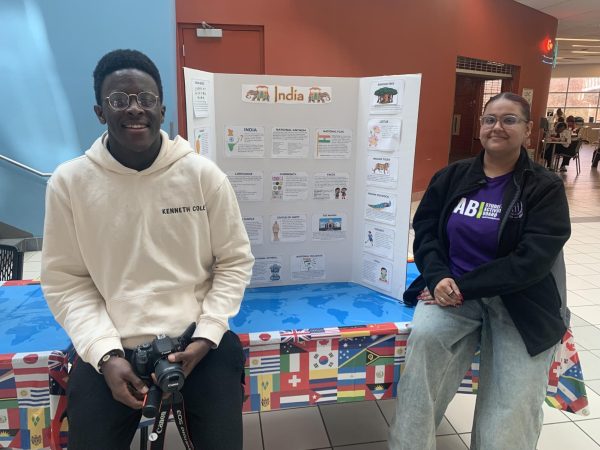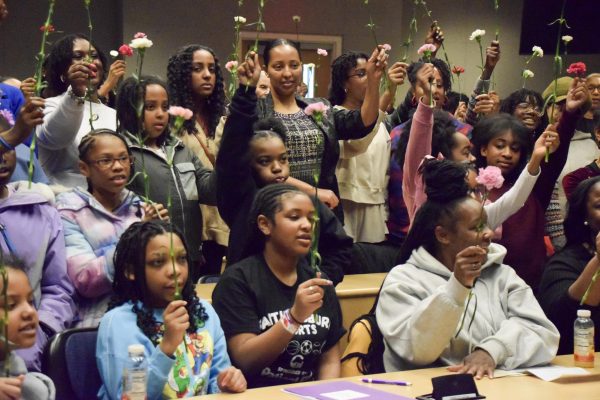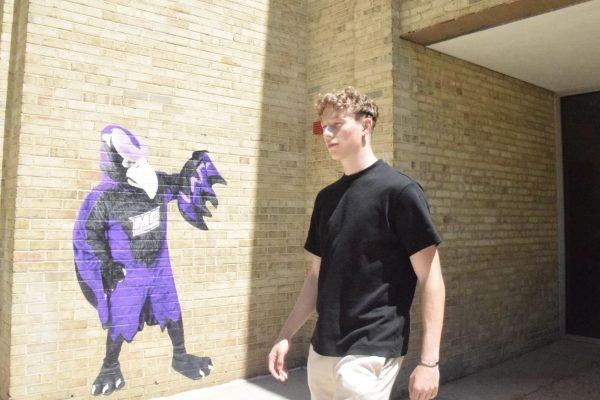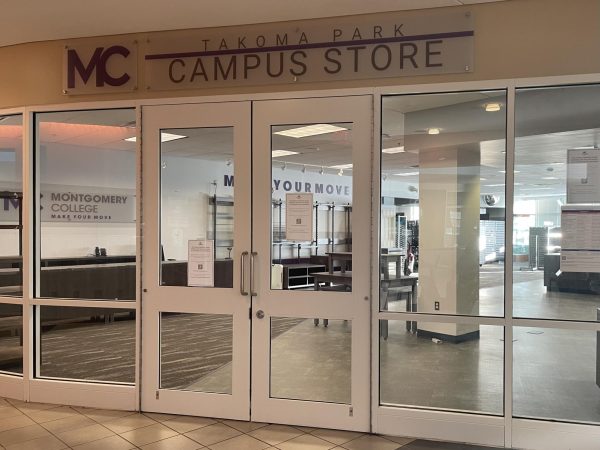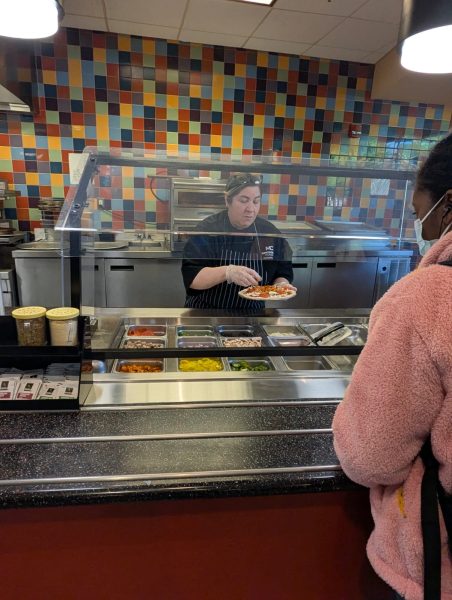MC Staff and Students on Campus Stigma and How to Combat it
Staff and students discuss negative stereotypes, bias, and how to fight against the issues they cause

On the last day of the 2021 Equity Week, MC staff and students came together for a conversation about campus stigma.
The conversation opened with a discussion of the stigma and stereotypes that staff members and students have heard about the three MC campuses. Some attendees mentioned that they have heard the Germantown campus being likened to a “country club” and the Rockville campus being regarded as unfriendly. Yet, a substantial number of comments noted associations of the Takoma Park/Silver Spring (TP/SS) campus with different stigmas, among which was the belief that it was “unsafe.”
Staff members and students recounted their experiences hearing statements influenced by these stigma and stereotypes from family members, friends, other students, faculty, administration, and other members in the community. Once again, many of these experiences involved negative stereotypes about the TP/SS campus. Yet, as an attendee observed, these statements usually do not come from experience, research, or fact-checking. More often than not, people relay such statements as heard from other people, culminating in a “snowball effect” that undoubtedly leaves an impact on people’s perception of each of the three campuses, MC’s work toward equitable education, and staff and students’ morales.
An attendee noted that the stereotypes about the TP/SS campus may have stemmed from a combination of its proximity to an urban area and how individuals who believe in these stereotypes perceive this proximity, prompting the question of since when “urban” has begun to be perceived as “less than.”
The presence of bias in administration is especially alarming, as it may result in financial and infrastructure bias and “set the tone” for other decisions and for the campus environment. For example, some attendees recounted multiple instances when the needs of the TP/SS campus were addressed later than those of the other two campuses. A TP/SS staff member also recounted a one-on-one conversation wherein the person they spoke with expressed a lower degree of readiness to provide services after hearing that it was the TP/SS campus requesting them.
Bias against a campus may also affect the rate of enrollment at that campus. Lower enrollment rates in certain classes on a particular campus may, in turn, result in fewer course offerings for said classes on said campus. This perpetuates a cycle wherein the campus is perceived as having fewer classes, providing fewer services, and perhaps not offering the best value for money, which further lowers enrollment rates at said campus.
Factors such as lower enrollment rates, fewer course offerings, and inequity in the allocation of funding and emphasis on meeting infrastructure needs not only disincentivize students from enrolling at a certain campus but also distort the perception that other institutions, especially in higher education, have of that campus. This may affect the opportunities that students and staff on that campus have outside of the campus, which may, in turn, hinder their success and dampen their morale.
Furthermore, to hear negative, misinformed bias against their campuses, hard work, and talents severely impacts staff and students’ morale. As one attendee described, the individuals holding these biases seem to be unable to see past the stigma to respect staff and students’ “personhood.”
The first step to addressing campus stigma is perhaps to address any existing financial and infrastructure bias and prevent it from affecting the quality and equity of the services offered at each campus. In other words, MC needs to ensure that it distributes resources and expands access to services and classes equally across all three campuses. One example of this is to expand shuttle hours to make each campus more accessible to all students. Staff members and students can also get involved in governance councils, where they can help to address these inequities from an administrative position.
It is also critical to provide more equitable services and course offerings. As multiple attendees stated, MC can take advantage of the virtual setting to ensure equitable access to resources among all campuses, such as by streaming events for students from all campuses to engage in. An attendee also proposed utilizing a hybrid model that combines streaming and in-person attendance to facilitate all-campus engagement after staff and students are able to return to campus.
Interestingly, an attendee noted that compared to the on-campus learning environment, there have been fewer encounters of bias in verbal remarks in the virtual setting, where staff members and students from all three campuses interact more frequently. Perhaps more intercampus interactions increase intercampus solidarity while decreasing bias and lowering any sense of unhealthy competition between the campuses.
Similarly, intentional collaboration between all campuses to organize intercampus projects and activities under the “one college” motto could help bring members of the three campus communities closer. An attendee also recommended running a My MC campaign during which each campus can be showcased through pictures and videos.
Staff members and students also called for more measures to ensure accountability and transparency, especially from the administration. One attendee suggested that administration can provide an annual report to the MC community with factual information and statistics about how the budget has been utilized for each campus. This would help the MC community identify any financial and infrastructure bias from the administration.
Attendees also raised the question of whether it would be possible to report concerning comments through an Ethics line or the Behavioral Intervention Team (BIT). Anonymity should also be considered; understandably, there may be concerns about reporting comments made by somebody in a higher position of power, such as a student reporting a comment made by faculty or a staff member reporting a comment made by somebody in a higher position in the workplace hierarchy. A system through which members of the MC community can report potential bias is an opportunity to identify if there is a pattern of biased comments made by a single individual and to take appropriate action to address said bias.
Last but not least, all members of the MC community can take action on an individual level to combat campus stigma. It is important to raise public awareness about the stigma that exists against each campus and call out, correct, and have conversations about these stereotypes. As an attendee remarked, it is imperative for all staff members and students to “take pride in” and “defend” our campuses and the work we have put in to help make them what they are today.



